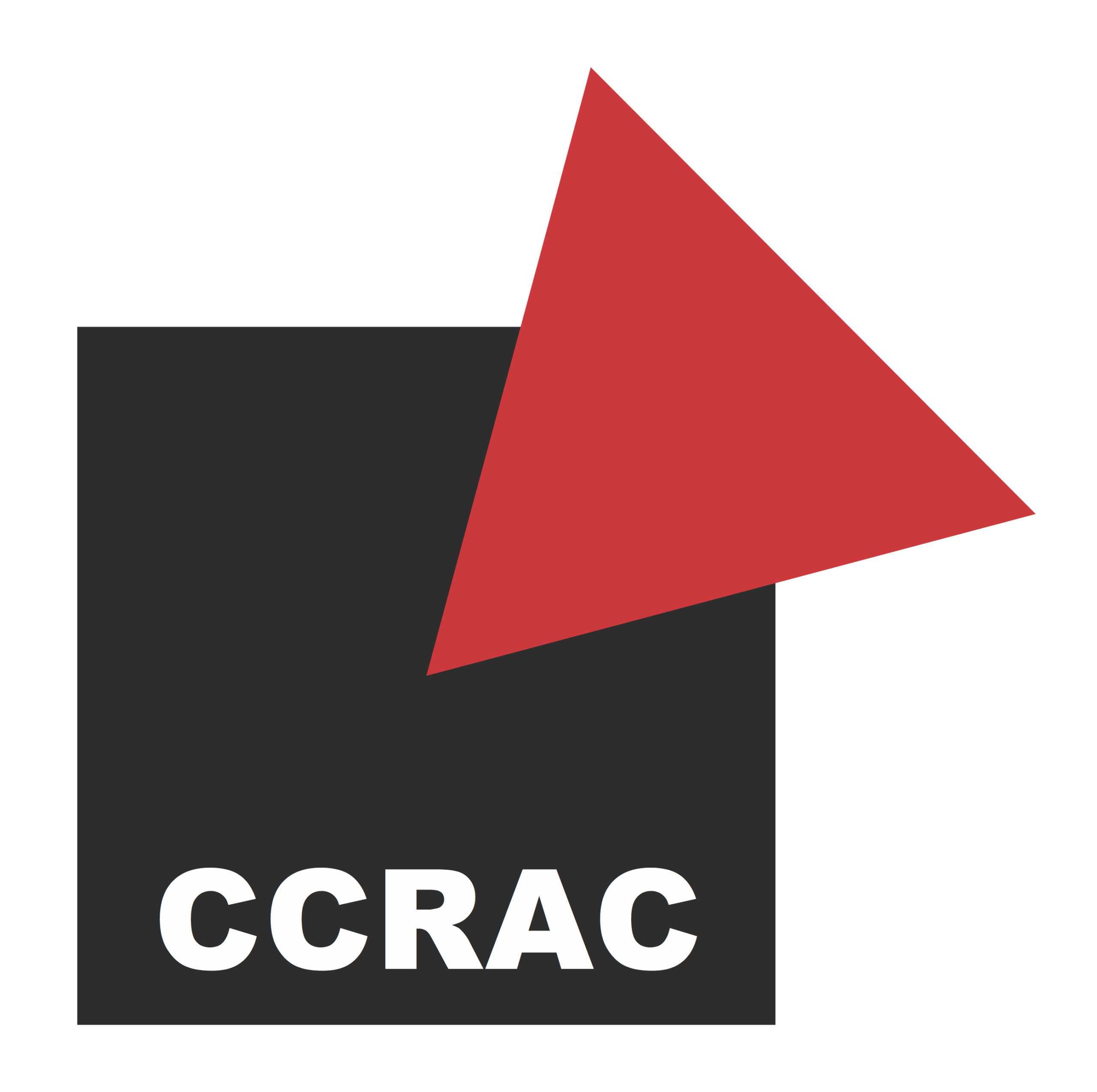
20-21 June 2019
From Brexit to Trump’s presidency to Putin’s Russia, leaders around the world have incited a culture of global protest. Whether social, political, economic, or ecological, protest has become a permanent fixture in today’s society in an unprecedented way, even compared with the political activism of the 1960s. Amid fake news and censorship, grassroots movements and campaigns such as March for Our Lives and #MeToo have made radical use of platforms such as Instagram and Facebook to broadcast their messages as widely as possible. This digital culture has granted images a newfound currency, and their intrinsic ability to capture and spread ideas and attitudes too complex or emotionally charged for words has propelled them into the spotlight in political debates. Contemporary artists have adapted their practices as a result, co-opting new strategies and media to make themselves – and their issues – heard. The media furore surrounding MoMA’s protest of the immigration ban or the controversial display of Dana Schutz’s Open Casket has shown that museums are no longer neutral spaces, and even the more ‘traditional’ gallery space of the white cube could be a powerful arena for dissent. While art and protest has long been an area of interest for scholars, the full extent of the role visual images have played more recently in this climate of unrest has yet to be explored.
This conference aims to showcase the diverse forms of contemporary protest art that have emerged around the world over the last few years in a single interdisciplinary forum. The potential of art to serve as a tool for protest will be closely considered, especially the ability of digital media to reach new audiences and galvanise this unquenchable global discontent. The conference’s approach, however, will remain critical, and the effectiveness of art as protest will be questioned. If a work of art or action only succeeds in reaching likeminded individuals rather than instigating real change, does this signify failure? How can museums and artists voice issues in a way that inspires action, and where do they compromise? The conference presents a rare opportunity for established and emerging scholars (including cultural, art, and political historians, sociologists, and historians of literary studies), artists, and museum directors and curators to forge a multidisciplinary dialogue on these challenges and questions. It will highlight protest as a central concern in various academic and professional spheres through a rich set of papers addressing a variety of media (digital art, comics and graphic novels, installation, performance, cinema, social media, sculpture, and painting), issues (gender, race, ecology and climate change, capitalism, and technology), creative spaces (gallery, street, digital, and print), and national contexts (the US and UK, Russia, China, and Latin America).
Convened by Nicola Kozicharow (University of Cambridge).
Please see the programme and more information here.



![]()

